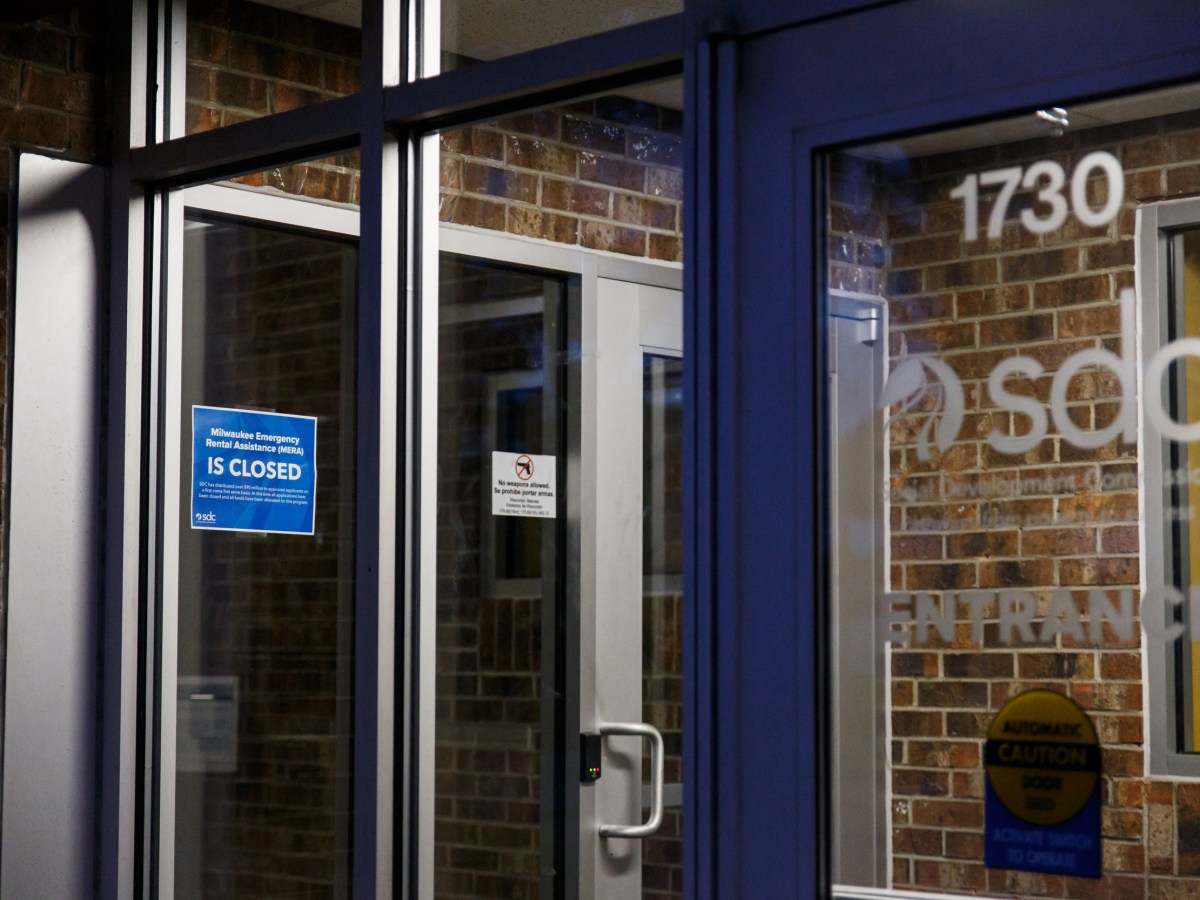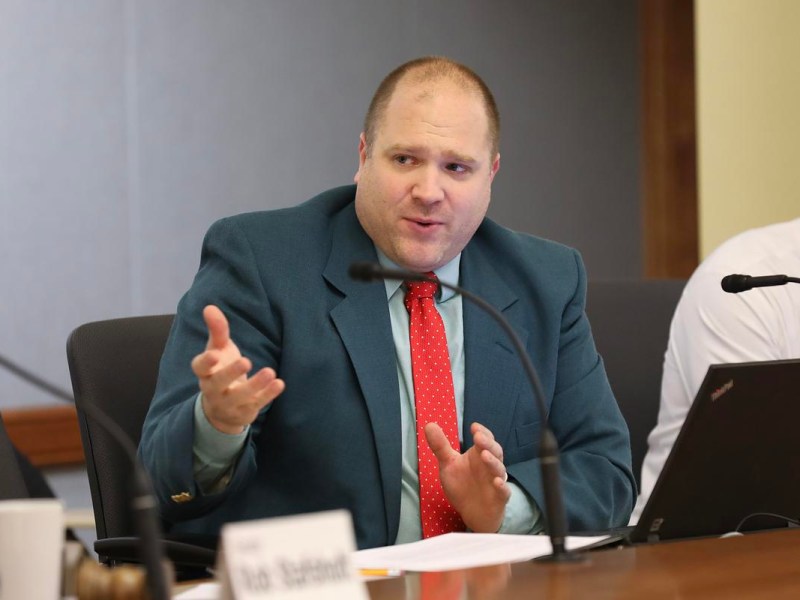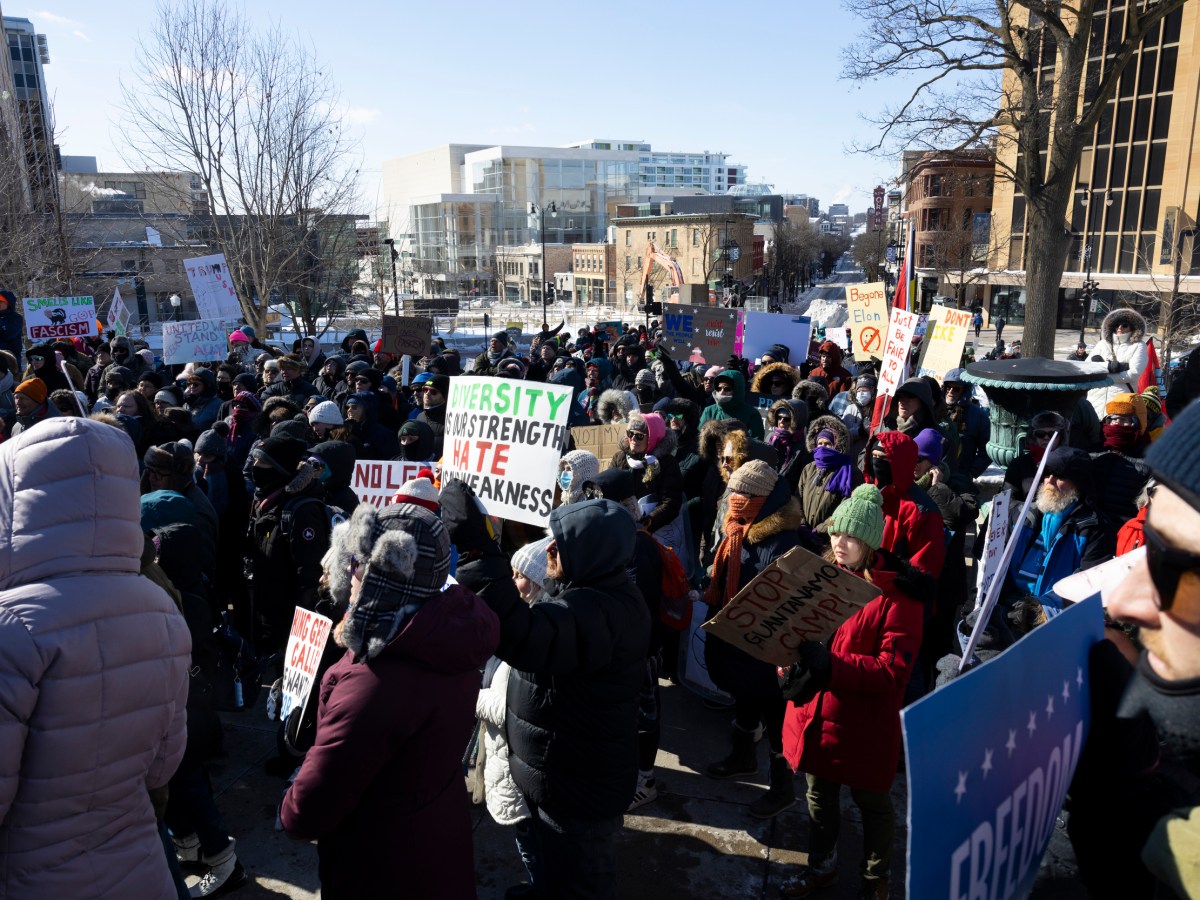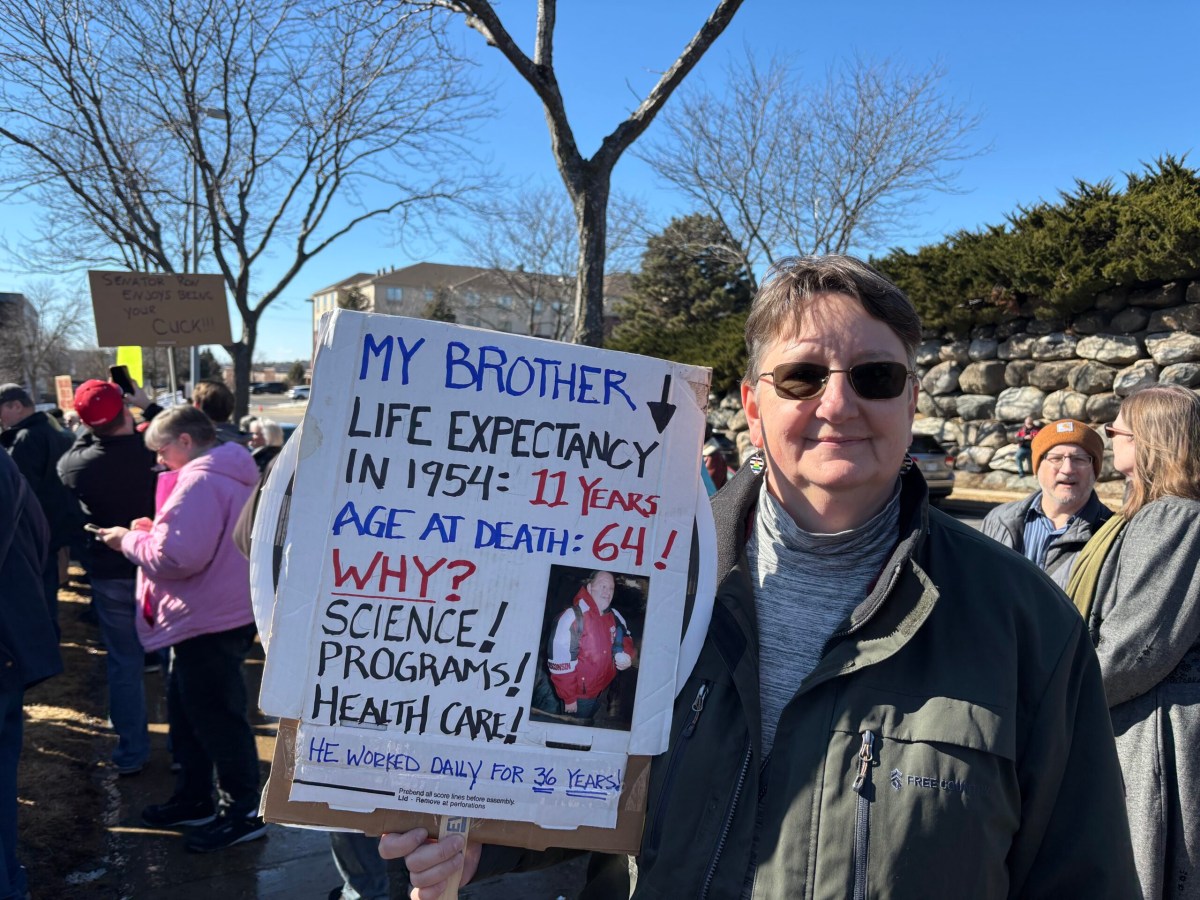While some are celebrating the reopening of the Social Development Commission in Milwaukee, not everyone is joining in.
“SDC stands for ‘Still Didn’t Compensate,’” said Sarah Woods, a former youth and family services supervisor for SDC.
Last week, the Social Development Commission resumed providing tax assistance, career services, housing-related services and child care food services after being closed for seven months.
But Woods thinks SDC should not be paying staff for new work if former employees, including her, have not been paid for work done before SDC suspended operations and laid off its entire staff.
However, William Sulton, SDC’s attorney, said that staff doing new work is precisely how former employees are going to get paid.
“I would say … the way that those folks are going to get paid is by the organization reopening and submitting the required reporting documentation to get paid on grants,” Sulton said.
Who does SDC owe?
As of last week, 45 people have unresolved claims concerning pay from SDC, according to a spokesperson for the Wisconsin Department of Workforce Development, the state agency that handles employment and labor-related disputes.
Sulton also said that among these 45 employees are highly paid employees like George Hinton, SDC’s former CEO who resigned at the request of SDC’s Board of Commissioners.
The Department of Workforce Development did not provide a clear timeline for when it will make a decision about people’s claims, but the investigator assigned to these claims is actively working on them, the department’s spokesperson said.
Sulton said he believes there is a path for how former employees will be paid: new, or rehired, employees providing services.
If SDC hadn’t brought in employees to do new work, grant money couldn’t be accessed to resolve Department of Workforce Development claims, Sulton said.
The quasi-governmental community action agency provides a variety of programs and services to meet the needs of low-income residents in Milwaukee County.
Case-by-case basis
But making a claim with the Department of Workforce Development does not guarantee that person will get the full amount they say they’re owed.
Each claim is being evaluated individually, and there are some disputes, Sulton said.
“For example, there’s one employee whose time we’re unable to confirm. There’s one employee who claims that she had a conversation with their supervisor and the former supervisor promised her an increase in pay,” Sulton said.
A common theme among claims is about getting paid out for unused paid time off, Sulton said.
Department of Workforce Development staff are assisting former employees with supplying the right documentation, which can include pay stubs, records they kept or other communications, according to the spokesperson.
Woods thought ahead in this regard.
“On the last day, I just was taking screenshots and printing whatever I needed and emailing to myself,” she said.
Some progress
Since the April layoffs, SDC has paid $51,000 toward what it owes people, Sulton said.
Most of this money came from a contribution from Unite WI.
The SDC was quite deliberate in the way it used that money, said Sulton.
“We started with employees that earned the least amount and we paid from the bottom up. So that’s what happened,” he said.
‘Scared to go back’
Sulton said new employees have been hired and some former employees have been rehired as part of SDC’s reopening.
Woods said someone from SDC asked her to come back to work, but she didn’t take the person up on the offer.
She is not confident in SDC’s financial stability.
“I loved SDC when I worked there, don’t get me wrong. But I would be scared to go back,” Woods said.
News414 is a service journalism collaboration between Wisconsin Watch and Milwaukee Neighborhood News Service that addresses the specific issues, interests, perspectives and information needs identified by residents of central city Milwaukee neighborhoods. Learn more at our website or sign up for our texting service here.








